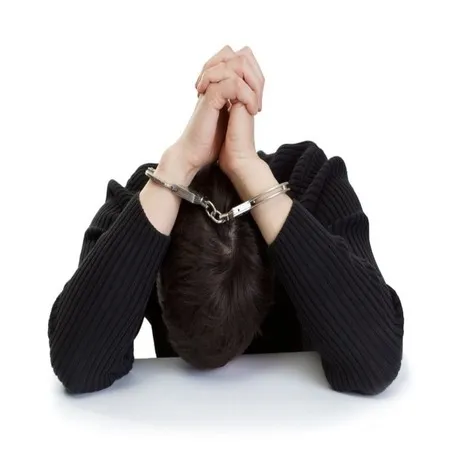Accomplice vs. Conspirator: Key Legal Differences

Accomplice Vs. Conspirator in a Criminal Case; Everything You Need to Know
A person who has assisted in committing a crime is called an accomplice or a conspirator in law. An accomplice deliberately or consciously helps someone commit a crime, whereas a conspirator joins a group of people in a scheme to do an illegal act. Below is what you need to know between an accomplice and a conspirator.
Who is an Accomplice in Criminal Case?
A person who actively and knowingly participates in a crime is an accomplice. As seen from these definitions, one need not participate in the crime to be an accomplice; one only has to encourage it or be aware of it in advance. Even though an accomplice was not there when the crime was committed, he is responsible nonetheless.
Assume, for instance, that the bank watchman deliberately turns off the security system to allow criminals to enter the building. This man is an accomplice even if he might not have been at the site of the crime because he is also responsible for it. An accomplice may face the exact charges and penalties as the primary offender.
Who is a Conspirator?
A conspiracy occurs when two or more people consciously commit illegal conduct. A co-conspiracy is a term used to describe each participant in this plot. The actual crime’s commission and the conspiracy that led to it may be brought against a defendant. A person might still be charged with conspiracy even if the actual crime is not committed. Let’s revisit the bank robbery example: if you are apprehended before the robbery and have all the evidence of the plan, you can be charged with conspiracy. Conspiracy charges may be brought against you even if you hire someone to conduct a crime on your behalf in a criminal case.
Differences Between a Conspirator and an Accomplice in a Criminal Case
- An accomplice is someone who knowingly and voluntarily aids, attempts to aid, or supports a crime. In contrast, a Conspirator is a person who joins a scheme to do illegal conduct with one or more other people.
- Only when his partner executes the crime an accomplice may divert attention away from witnesses or security. Even if he did not actively participate in the crime, he is guilty of the crime. In contrast, a conspirator could pay someone to do something wrong. He bears direct responsibility for the crime despite not committing it.
- Once a crime has been committed, a person may be accused of being an accomplice. In contrast, someone could face conspiracy charges even before committing the crime.
Finally, it is vital to remember that depending on the jurisdiction and relevant legislation, the precise legal definitions and repercussions of being an accomplice or conspirator can change. In a criminal case, the degree of each person’s involvement, intent, and knowledge will be thoroughly assessed to determine their responsibility and potential penalty.



